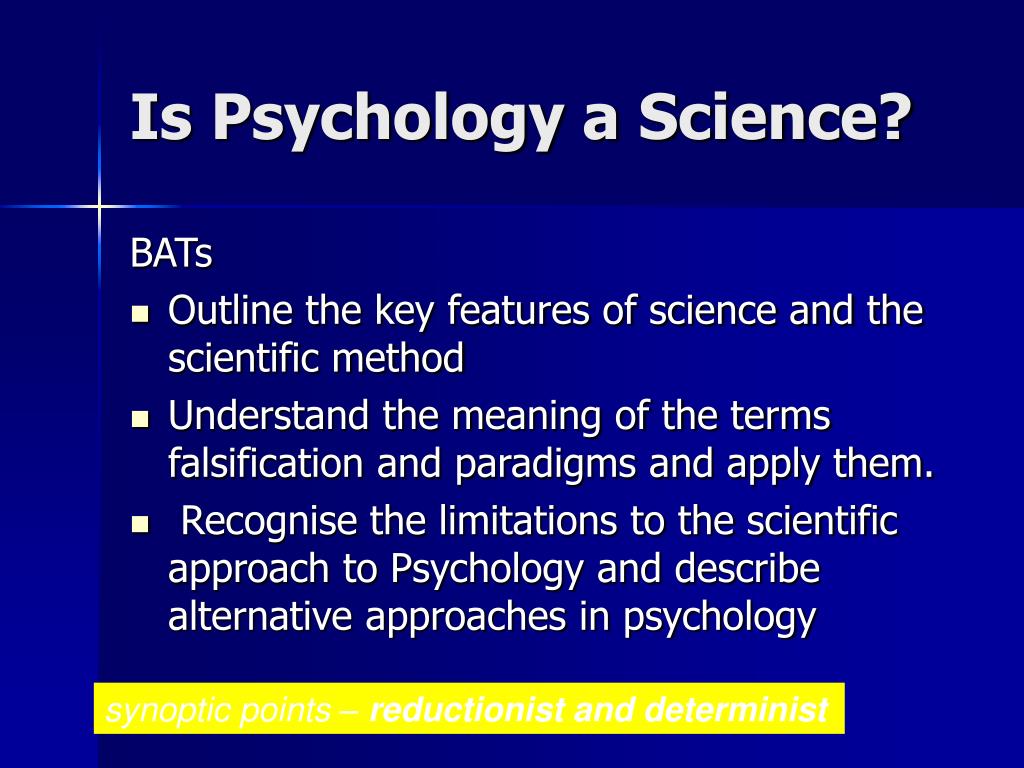Political Detox: A Guide to Creating Space from Politics When You’re Feeling Overwhelmed
Understand your relationship with politics
Politics can feel like an inescapable force in modern life. From social media feed to family dinners, political discussions seem to permeate every aspect of our daily experiences. For many people, peculiarly those who don’t intimately follow political developments or understand the nuances of political systems, this constant exposure can be overwhelming, confusing, and stressful.
If you’ve always though” “Ii don’t understand politics andIi’d quite avoid it totally” you’re not alone. Many people feel disconnected from political discourse for various reasons: the complexity of issues, the divisive nature of debates, or plainly a preference to focus energy elsewhere.
It’s important to recognize that your relationship with politics is personal. While civic engagement have its merits, your mental advantageously being matters likewise. Create healthy boundaries around political content isn’t about being uninformed — it’s about manage your information intake in a way that work for you.
Why some people choose to limit political exposure
There be legitimate reasons why someone might want to create distance from politics:
-
Mental health preservation
political news oftentimes focus on conflicts, crises, and problems, which can trigger anxiety and stress -
Complexity overload
political systems involve intricate processes, historical contexts, and specialize terminology that can be difficult to grasp -
Value misalignment
some people feel that modern political discourse doesn’t align with their personal values of kindness, cooperation, or practical problem solve -
Preservation of relationships
political disagreements can strain important personal connections
Whatever your reasons, it’s absolutely acceptable to set boundaries around how much political content you consume and engage with.
Practical strategies for limit political exposure
Digital detox techniques
Our digital devices frequently serve as the primary conduit for political content. Here’s how to regain control:
-
Curate your social media
most platforms allow you to mute keywords, unfollow politically active accounts, and customize your feed. Take advantage of these features. -
Use specialized news apps
consider apps that filter out political news or focus on positive stories. -
Set time limit
designate specific times to check news, instead than always refresh throughout the day. -
Try news fast
consider take periodic breaks from news consumption alone — mmay hapweekends or one week per month.
Remember that you control your digital environment. You can design it to support your advantageously being instead than undermine it.
Create physical spaces free from politics
Your physical environment besides influence your exposure to political content:
-
Designate politics free zones
make certain areas of your home, like your bedroom or dining room, free from political discussions or news. -
Choose entertainment inadvertently
select books, movies, and show that aren’t politically charge. -
Develop alternative interests
invest time in hobbies that have nothing to do with current events — gardening, art, music, sports, or cooking.
Create these physical boundaries help your mind rest from the constant political stimulation that can differently feel inescapable.

Source: bobleesays.com
Navigate social situations
Social interactions can be challenging when you’re tried to avoid political discussions:
-
Prepare redirection phrases
have a few gentle phrases ready, such as ” ‘I preferably not discuss politics today. HoHow does your family do”Or” I’m take a break from political talk. Did you see that new movie? ” -
Set boundaries clear but openhearted
” Ippreciate your passion, but political discussions increase my anxiety. Could we talk about something else? ” -
Suggest alternative topics
come prepared with other interesting subjects to discuss. -
Excuse yourself when necessary
it’s okay to temporarily step off from a conversation that make you uncomfortable.
Most people will respect distinctly will state boundaries, peculiarly when will deliver with kindness quite than judgment.
Find balance: stay informed without overwhelm
Avoid politics doesn’t inevitably mean being entirely uninformed. Consider these balanced approaches:
Controlled information intake
-
Weekly news summaries
alternatively of daily news consumption, consider weekly recap publications that highlight solely the nigh significant developments. -
Focus on local issues
local politics oftentimes have more direct impact on your daily life and can feel more accessible and relevant. -
Choose neutral sources
look for news outlets know for balanced reporting preferably than partisan perspectives.
Understand basics without deep dives
If you feel that” iIdon’t understand politics ” s hold you back, consider learn simply the fundamentals:

Source: advancetitan.com
-
Basic civic education resources
many websites and books explain political systems in simple, accessible language. -
Visual learning tools
infographics and short videos can make complex political concepts more digestible. -
Focus on issues, not parties
learn about specific issues that affect you straight can be more meaningful than follow party politics.
Understand the basics can help you feel more confident when political topics arise, level if you choose not to engage deep.
Manage feelings of guilt or pressure
Many people feel guilty about disengage from politics, as though they’re neglect a civic duty. Here’s how to address those feelings:
Recognize different forms of contribution
Political engagement isn’t the only way to contribute to society. You might:
- Volunteer in your community
- Support cause you care about
- Practice kindness and ethical behavior in your daily life
- Excel in your profession or studies
These contributions are valuable and meaningful, disregardless of your political involvement.
Set your own standards
Remember that you get to decide what level of political engagement works for you. Some people might thrive on political discussions and activism, while others contribute to society in different ways. Neither approach is inherently superior.
If someone pressures you about your choice to limit political exposure, a simple response might be:” ii’ve foundthat focus on [alternative contribution ]is the virtually effective way for me to make a positive difference compensate directly. ”
When complete avoidance isn’t possible
There may be times when political engagement become necessary, such as during major elections or when issues immediately affect your life. In these cases:
Targeted research strategies
-
Focus on specific questions
quite than try to understand aall politics research answers to specific questions relevant to your situation. -
Use voter guides
during elections, nonpartisan voter guides can provide concise information about candidates and ballot measures. -
Ask trust friends
if yyou havefriends whose judgment you trust and who understand politics intimately, ask them to explain specific issues in simple terms.
Self-care during unavoidable exposure
When political content is unavoidable:
-
Practice mindfulness
notice when political content is trigger stress and use breathing techniques to stay calm. -
Schedule recovery time
after exposure to political content, plan activities that help you relax and reset. -
Journal your thoughts
write down your reactions can help process feelings without getting catch in endless mental loops.
Build a support network
Find others who share your approach to politics can be hugely helpful:
-
Connect with like-minded friends
nurture relationships with people who respect your boundaries around political talk. -
Join interest groups focus on other topics
book clubs, sports teams, or hobby groups can provide social connection without political discourse. -
Online communities
look for digital spaces dedicate to positive content or specific interests unrelated to politics.
Have a supportive community validate your choices and provide spaces where you can relax without navigate political conversations.
The benefits of create political distance
Limit your exposure to politics can yield significant benefits:
-
Reduced anxiety and stress
political news frequently focus on threats, conflicts, and problems, which can trigger your body’s stress response. -
More mental bandwidth
when you’re not invariably process political information, yyou havemore cognitive resources for other areas of life. -
Improved relationships
avoid political disagreements can preserve harmony in important relationships. -
Greater life satisfaction
focus on aspects of life you can straight influence frequently lead to greater happiness than dwell on large scale issues beyond your control.
Many people report feel lighter, more optimistic, and more present in their daily lives after create boundaries around political content.
Final thoughts: find your own path
There be no single correct way to relate to politics. Some people thrive on political engagement, while others prefer to focus their energy elsewhere. Neither approach is inherently better — what matter is found the balance that support your advantageously being and allow you to live accord to your values.
If you don’t understand politics and prefer to avoid it, that’s a valid choice. By implement the strategies outline in this guide, you can create space from political content while stillness live a connect, meaningful life.
Remember that your relationship with politics may evolve over time. The boundaries you set today aren’t permanent — you can adjust them as your interests, capacity, and circumstances change. The goal isn’t to entirely isolate yourself from the world, but instead to engage with it in ways that feel meaningful and sustainable for you.
By thoughtfully manage your exposure to political content, you can create a life that feel more peaceful, purposeful, and align with your personal values.



